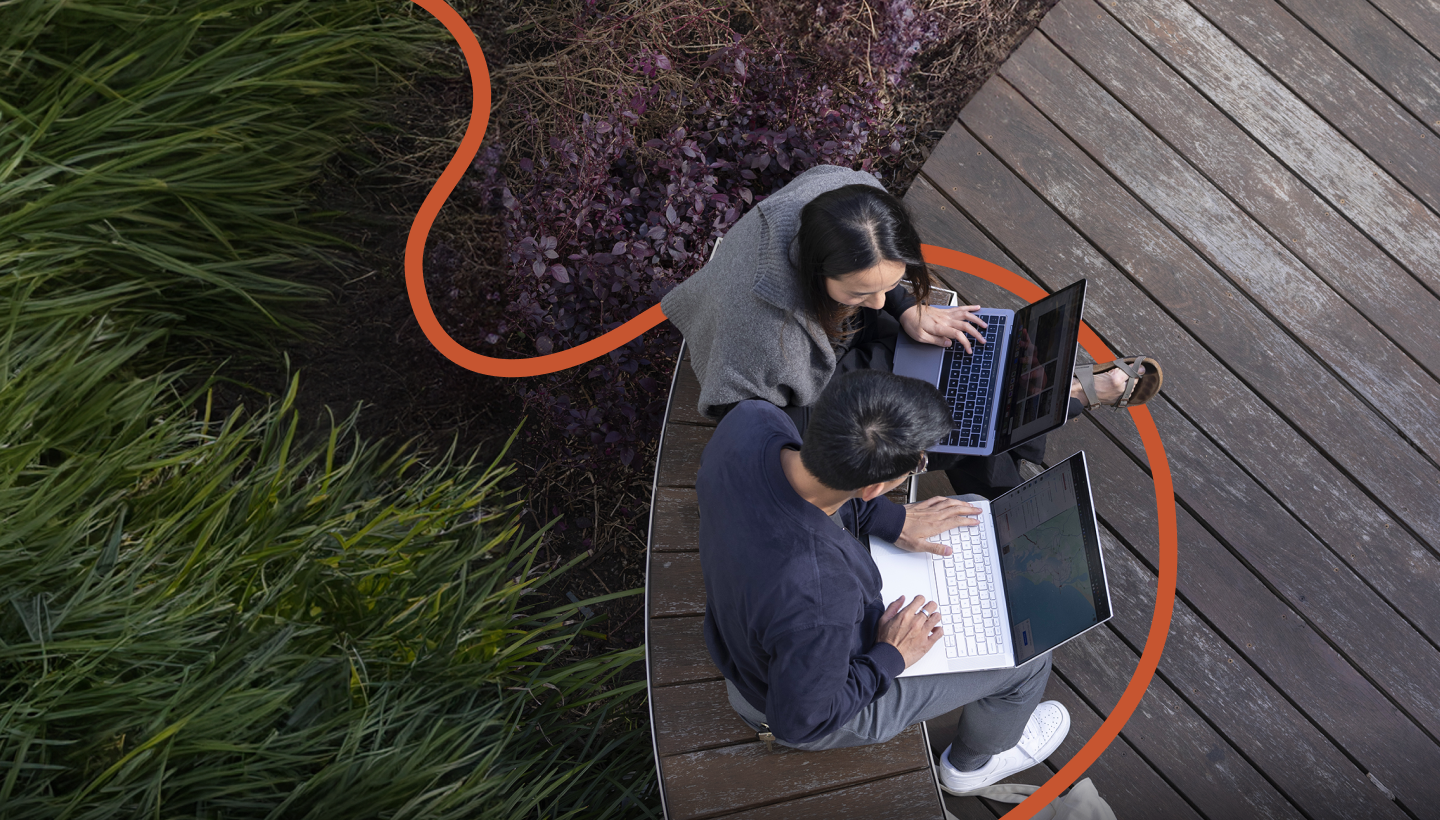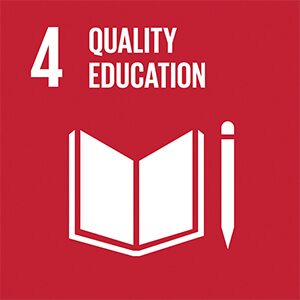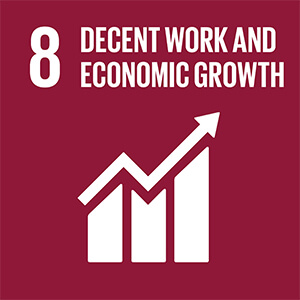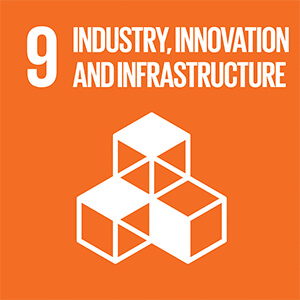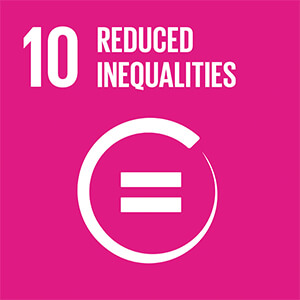Overview
This leadership goal was developed to reflect Landcom’s commitment to economic development, strengthening technology infrastructure and advancing equitable opportunities for skills development and education.
Landcom addresses the enablement of jobs and innovation through the following focus areas:
- Training & Employment
- Innovation
Each of these focus areas includes a suite of targets to measure our success.
Case Studies
Management Approach
Our leadership goal to enable 30,000 jobs across our communities by 2036 is in direct response to the broader NSW government objectives. By 2036, it is forecast that the Sydney region alone will need 817,000 new jobs. As part of Landcom’s mandate, we support these targets by developing great places and mixed-use communities where people can work, live and play.
In FY18 our Economic Development Working Group released an approach for overcoming the challenge of consistently and effectively calculating our efforts to enable enduring local jobs. We use proxy employment ratios, developed through detailed research and benchmarking, attributed to various land uses based on m2 gross floor area. Examples of land uses included are commercial, retail, industrial, community, cultural, tourism, health services, education, storage, hotel, serviced apartment, student housing and residential. As jobs creation is a long term goal for Landcom, we report our performance based on the FY actuals, and forecast jobs created for the life of a project.
This gives us a clear indication of whether we are on track to meet our 2036 target.
In FY19 Landcom’s methodology was also adopted across the NSW Government’s Common Planning Assumptions Group (CPAG), influencing a consistent government wide approach. In FY24 the employment ratios were updated by CPAG1 and are reflected in this year’s performance results.
We also contribute to advancing education and skills development across our communities. We work with industry and registered training organisations to develop programs that address specific skills requirements of locals and provide training opportunities and employment pathways for those experiencing low or long-term unemployment. We also collaborate with schools and other educational institutions to deliver learning and youth engagement programs that are aligned with the NSW primary and secondary curriculum.
For Landcom’s FY24 performance for enabling jobs and providing local training and employment outcomes see Training & Employment Performance Results.
_________________________
1 CPAG updates to Workspace Ratio’s can be found on their website here
Landcom has a long history of leading research and innovation that advances the property and development industry and future-proofs our communities. Landcom addresses emerging technologies in our Innovation focus area. Currently we are seeking to roll out smart technology to our new communities in the form of electric vehicle (EV) rapid charge stations, exploring opportunities to embed car sharing schemes within our communities and designing an electrical grid that can support all-electric delivery across precincts.
We see these initiatives as future-proofing communities, improving their resilience, reducing inequalities and ensuring early adoption of future technologies.
Ultimately, enabling 100% uptake of electric vehicles while facilitating alternative energy solutions throughout Landcom communities improves resilience, reduces greenhouse gas emissions, and reduces transport related cost of living expenses for residents. These targets also contribute to Landcom’s low-carbon transport approach, including accessibility to public transport, walkable and cycling-friendly neighbourhoods. See Health, Equity & Inclusion, Community Connection & Safety.
Finally, in order to lead innovation at scale, Landcom is constructing a demonstration home over FY25 at our North Wilton 6 Star Green Star community, Panorama. Our aim is to highlight the key features of a home that make it sustainable (such as insulation, glazing, solar PV, EV chargers, orientation and energy efficiency) and show these aspects to potential customers.
This project will be done in partnership with Macdonald Jones Homes, one of the largest volume home builders in Australia, and as it is coupled with our sales centre, is to be used as a signal to other volume home builders within the estate that sustainability needs to be a focus.
Landcom’s approach to research is purposefully designed to continue to deliver on our Strategic Directions for:
- Housing – increasing the affordability, supply and diversity of housing
- Partnerships – partnering with others to unlock development opportunities and improve delivery
- Affordability – demonstrating excellence in sustainable development and planning practices.
Throughout FY24 we progressed existing projects and identified new investment to support our 2028 leadership goal of enabling carbon neutral, zero waste, water positive and net positive ecological outcomes. Projects included:
- scoping different restoration techniques for Cumberland Plain ecosystems and identifying onsite trials
- understanding how to generate high-quality biodiversity and nature-based carbon offsets on Landcom sites
- evaluating the upfront and embodied carbon within homes and buildings to understand the types and quantities of materials and identify opportunities to reduce carbon
- exploring what strategies Landcom would need to adopt to build water positive and water efficient communities.
Performance Results
See below our performance results for each of the reporting areas within our Productive Places Pillar.
- Jump to:
- Training & Employment
- Innovation
Training & Employment
Targets
Performance
To contribute to a global innovation economy by enabling 30,000 enduring jobs for the future of 2036
Performance
Cumulative jobs enabled
FY23 Performance
9,111
(Over 30,000 projected by 2036)FY24 Performance
11,341
(Over 30,000 projected by 2036)Targets
Projects to engage and foster education, learning or employment outcomes via activities or initiatives, based on identified needs of the local and regional community
Performance
FY23 Performance
Engaged over
346
students across our Skills Exchange, research and excursion programsFY24 Performance
Engaged over
490
students across our excursion programsLandcom is on track to meet our commitment to enable 30,000 enduring jobs by 2036. FY24 in scope projects include Macarthur Gardens North, Panorama project at North Wilton, a new project at Glenfield and our existing SMNW Places program which is forecast to make a substantial contribution to Landcom meeting this goal.
These forecasts will continue to be subject to change as future projects remain in the planning phase and we respond to market demand.
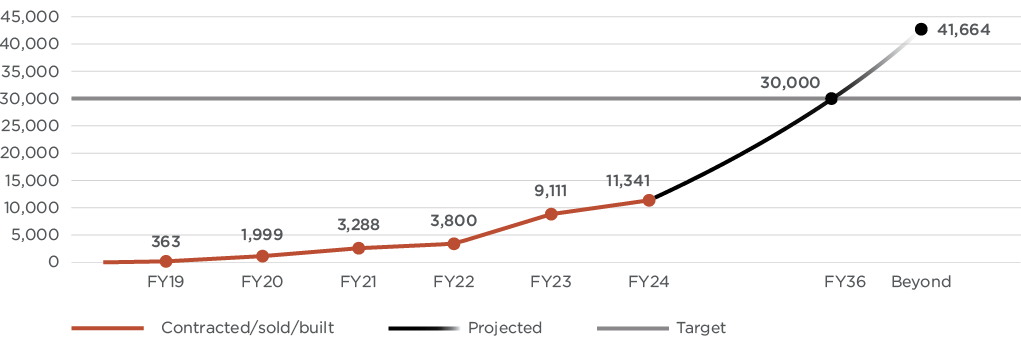
In total, Landcom staff engaged 490 primary students and 51 teachers throughout the reporting period, as part of our contributions to school education programs.
Students have retained key concepts and are using terms from the Mind Masters content such as “bouncing back” and “resilience”.
- Head of Wellbeing teacher at Claymore Public School
In FY24 Landcom continued our partnership with National Theatre for Children, focused on building mental resilience in primary school aged children.
The ‘Mind Masters’ live performance and follow up in class activations were delivered in primary schools in the suburbs of Claymore and Airds where our Hillcroft and Newbrook communities are located.
The program uses a combination of live theatre performance and student engagement to promote concepts and practices to enable good mental health.
Designed with a clinical psychologist the Mind Masters program complements the NSW curriculum. This year it built on sessions that were delivered over the past few years so that students were exposed to multiple teaching points over time, such as mindfulness, stress, resilience, and the link between mental and physical health.
In FY24 The National Theatre for Children team created a bespoke learning portal that students and teachers can access in-class. The portal contains student activities and videos, teachers toolkits and digital games to support the content delivered in the live performances.
The FY24 program reached a total of 490 students and this year there was also a focus on teacher engagement to continue the learning in the classroom post-performance. This engagement is tracked and measured through and integrated in-class activities, weekly direct communication with teachers as well as website and video analytics to measure use of the student learning portal.
Innovation
Targets
Performance
Measure and report annual investment in research and development
Performance
FY24 Performance
$70,000
cash$13,429
in-kindTargets
100% of new dwellings are EV-ready
Performance
No projects in scope
In FY24, Landcom continued its partnership with the University of Wollongong to quantify the carbon and cost benefits of deconstructing and diverting waste resources from an old hospital site in Bulli. The research found that secondary markets existed for most demolition materials, most of which resulted in cost and carbon savings, however not at a scale yet to affect meaningful change across industry. Furthermore, key health and safety concerns typically constrain the amount of deconstruction possible. For more information, see Case Study: Feasibility of Deconstruction.
Landcom further progressed an industry research project with the University of Western Sydney to investigate restoration techniques for Cumberland Plain Woodland ecosystems. The research would explore three different restoration options and test the viability and success of each to inform future restoration activities undertaken within the Cumberland Plain Conservation Plan areas. The project is expected to apply for an Australian Research Council Linkage Grant in FY25 with onsite works also expected during FY25.
In FY24, Landcom continued work with the Green Building Council of Australian in evaluating upfront carbon in class 1a buildings1. The research is underway, with results, outcomes and actions expected in FY25.
In addition to this research partnership, Landcom is actively quantifying the embodied carbon of its demonstration home and investigating the difference between the standard home product and a design with different materials and materials with lower embodied carbon.
Lastly, Landcom ran a paid pitch process to understand whether it would be able to generate both carbon and biodiversity offsets on the same site. While there are a range of solutions currently in both the carbon and biodiversity space separately, a solution does not yet exist for stacking these two types of projects on the same site. Current carbon and biodiversity market reforms are likely to provide greater clarity and certainty over future solutions and Landcom will continue to regularly monitor these changes for future work.
There were no projects in scope for the new EV-ready target in FY24. Both our new projects at Bomaderry and Orange are working through the development application process and we expect to report against these in FY25.
Our Sustainable Places Strategy
Our Sustainable Places Strategy with four Leadership Goals guides the way we deliver new communities. Our FY24 performance for each part of our strategy is accessible below.
